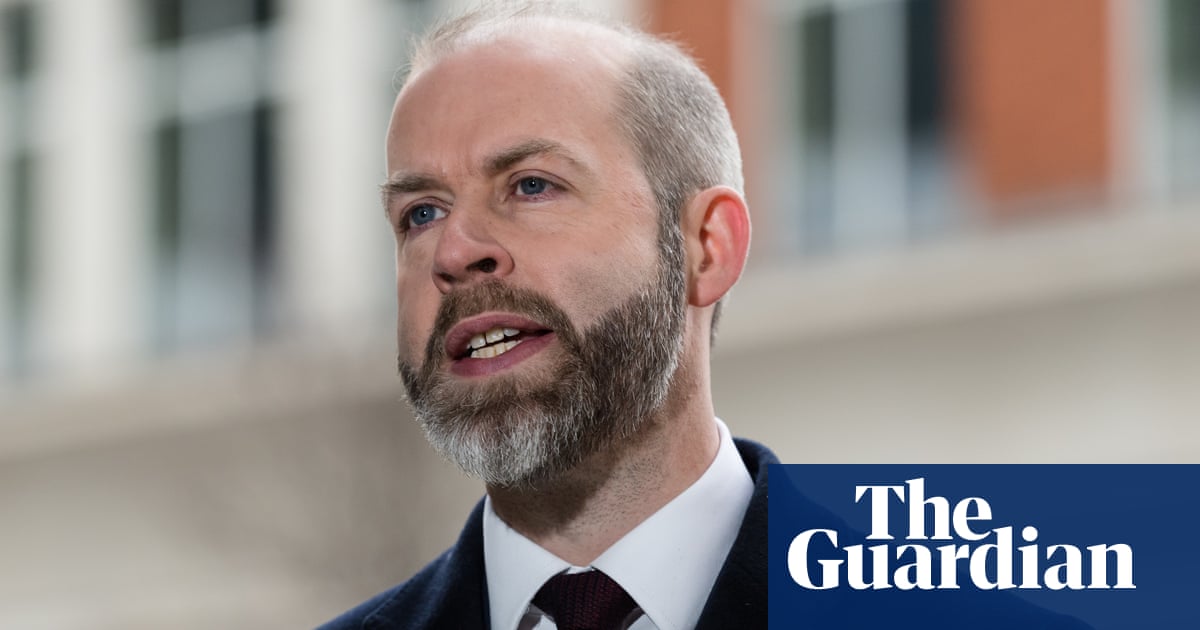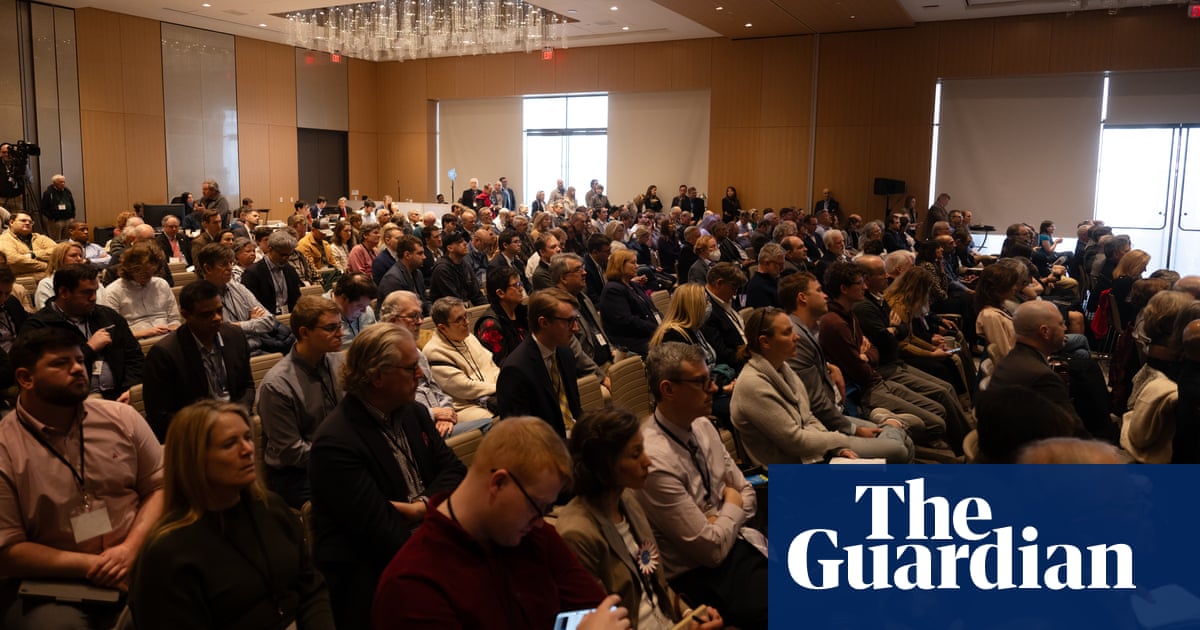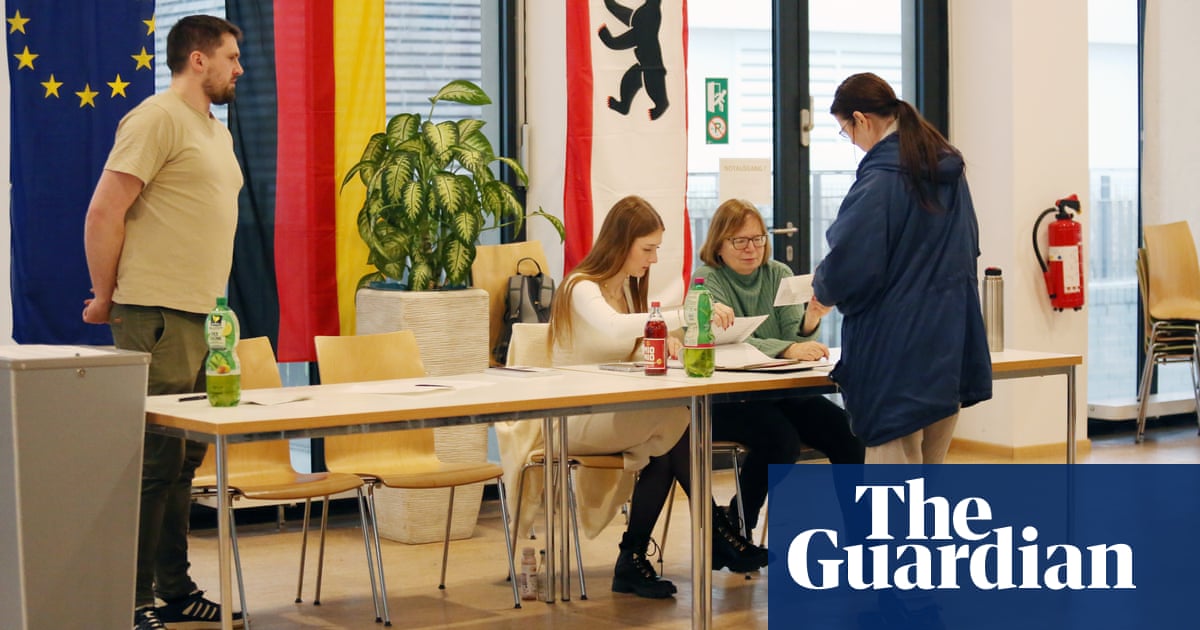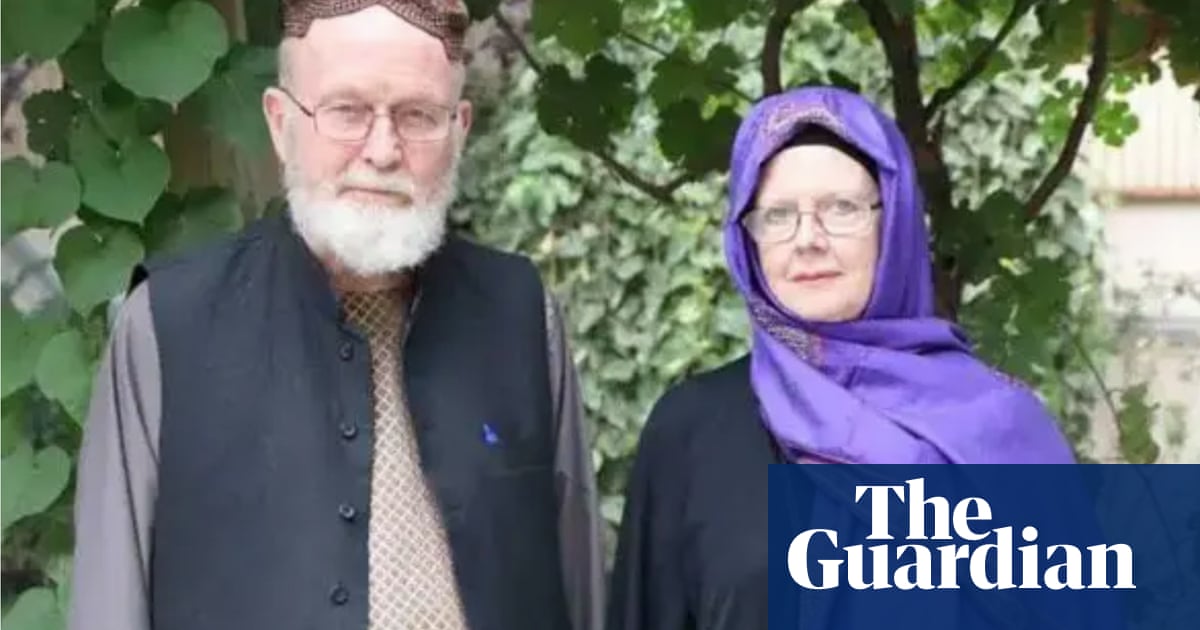When Marco de Kat starts planning his meals, he doesn’t need to travel far for fresh food. Right outside his house is an 800 square metre plot with all sorts of produce – apples, pears, peppers, basil, beets and cauliflower, to name a few. During the winter months, he and his wife can pretty much survive off the vegetables stored in their freezer. Even after living in Oosterwold for a number of years, it’s something that still excites him.
“Yesterday, I forgot to think about what to eat,” he says. “You walk through your garden and you find something and that’s what you eat.”
Oosterwold, where de Kat has lived since 2017, is a 4,300 hectare (10,625 acre) urban experiment located in the north-east of the Netherlands, in a suburb of the city of Almere, where de Kat works as a municipal councillor. First visualised about a decade ago by a local network, it was established by local government and Oosterwold planners as a way to challenge the rigidity of Dutch city planning, giving people more freedom – and responsibility – over the urban design process.
The area, which has about 5,000 residents and a growing waiting list, is completely self-sufficient. Residents can build houses however they like, and must collaborate with others to figure out things such as street names, waste management, roads, and even schools. But the local government has included one extremely unusual requirement: about half of each plot must be devoted to urban agriculture.

“This rule – if you want to live in Oosterwold, you have to produce food on at least 50% of your property – is very unique thinking in the world, and makes it also an outstanding area in many ways,” says Jan Eelco Jansma, a researcher at Wageningen University & Research, who has studied Almere for years and inspired the city to include urban agriculture in the planning of Oosterwold.
Rositsa T Ilieva, the director of policy at the City University of New York’s Urban Food Policy Institute, also highlighted its novelty. “While other cities have integrated urban agriculture into planning, few have implemented it as a non-negotiable land-use requirement or handed so much responsibility for development to residents,” she said.
Residents can be quite creative with the brief. Oosterwold, which has about 1,000 residential units, is a sprawl of all sorts of gardens, from greenhouses to pastures surrounded by moats. “Nobody is doing it in the same way,” de Kat says. “You have to find your own recipe.”
Some, like de Kat, have turned their gardens into an Eden of sorts to provide for their own household unit. Other residents just plant a few apple trees or outsource by owning plots of land on site that are tended to by professional farmers.
Others, such as Jalil Bekkour, have been able to capitalise on it. “I never had experience gardening my own food or anything like that,” he said. But he taught himself how to garden, and three years ago he opened his own restaurant, Atelier Feddan, where 80% of the food is directly from Oosterwold. His newfound excitement for gardening and agriculture is palpable: he regards his garden as a “field lab” of sorts to help develop products for the restaurant.
While the climate crisis threatens the area, it can also provide ample opportunity. As Bekkour explains, Oosterwold now has the same climate France had 40 years ago. Because of this, food crops such as avocados and citrus trees can easily be grown outside rather than in a greenhouse.
Time is a constraint, as perfecting a plot takes extra care. “You fail and you try again,” Bekkour says.
Residents also worry about the fact there is no real guidance about how to make your plot successful. “In the planning, it was kind of a bit laissez-faire,” says Jansma. “But if you want to develop such a new area in such an innovative way and at such a scale, you have to share responsibilities.”
A new centre called the Food Hub has now opened, devoted to collecting and processing food as well as knowledge sharing. The centre is run by the Almere local authorityas well as the Oosterwold food cooperative. Yolanda Sikking, the participation manager for Oosterwold, hopes it will help inspire residents to take more initiative.
“Some people do it very well but others don’t,” she says. “We decided we have to stimulate more.”

The eventual goal is to provide 10% of Almere’s food, which many see as ambitious but hopefully doable in time.
Residents and experts alike also emphasise the potential for replicability. “Some of the things that we do could be implemented in other places in the Netherlands and beyond,” says Jan-Albert Blaauw, a resident of Oosterwold and founder of the city’s food cooperative.
“There are a lot of examples around the world where planners think about urban agriculture, but in fact still separate agriculture and urbanisation by developing agroparks or sites where agriculture can do what it does normally and prevent an encroachment in these areas,” he says. “But it still is excluding agriculture.”
Ilieva believes that the participatory principles behind the Oosterwold plan and its implementation and local food production are widely applicable. “By prioritising agriculture as a land use, planners and residents together can work to reconfigure peri-urban spaces marked for residential development into vibrant, multifunctional areas that advance ecological, social, and economic goals,” she says.
Lessons can be learned from other projects as well. Jason Hawes co-authored a 2024 study that found carbon emissions from urban agriculture can be higher than from conventional agriculture. While the study did not evaluate a community like Oosterwold, there were some relevant ideas to be gleaned from it.
Hawes says: “For example, we found that infrastructure installed early in the farm-garden setup was a particularly important contributor to the carbon footprint of fruits and vegetables grown there, so it can be useful to prioritise long-term use of infrastructure as well as finding reclaimed or reused materials to support the initial construction.”

And it doesn’t necessarily have to start on as large a scale as Oosterwold did. “The first thing I tell people is to start small,” Bekkour says. “Start with the things you love to eat and the easy stuff.”
De Kat says: “You can do this with a strong vision and strong person.”

 2 months ago
43
2 months ago
43













































